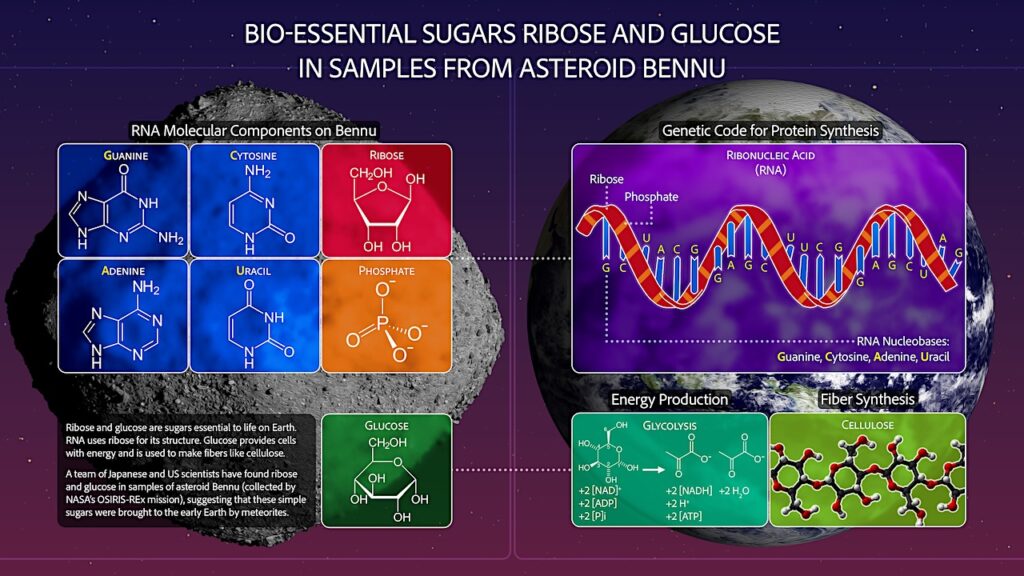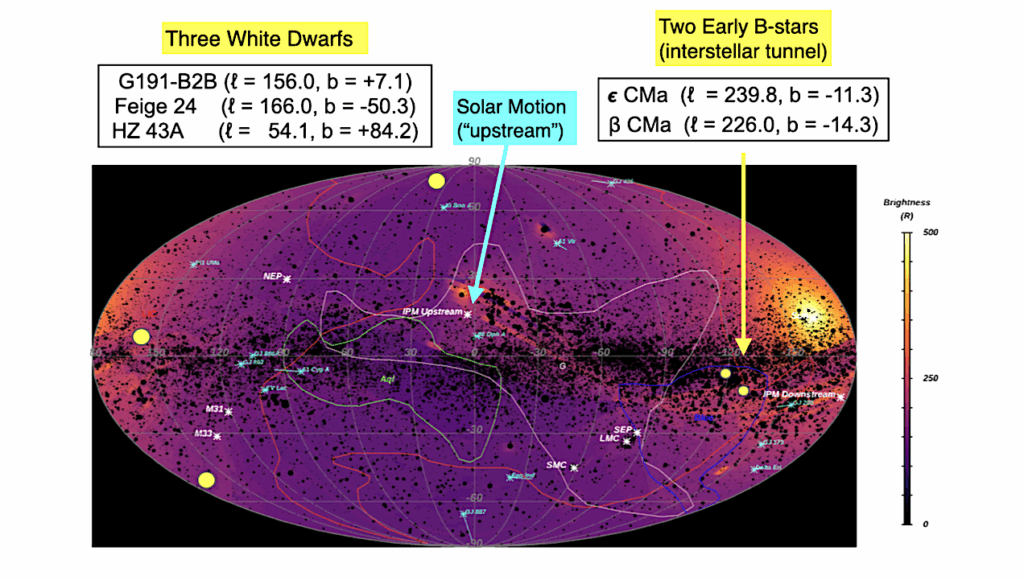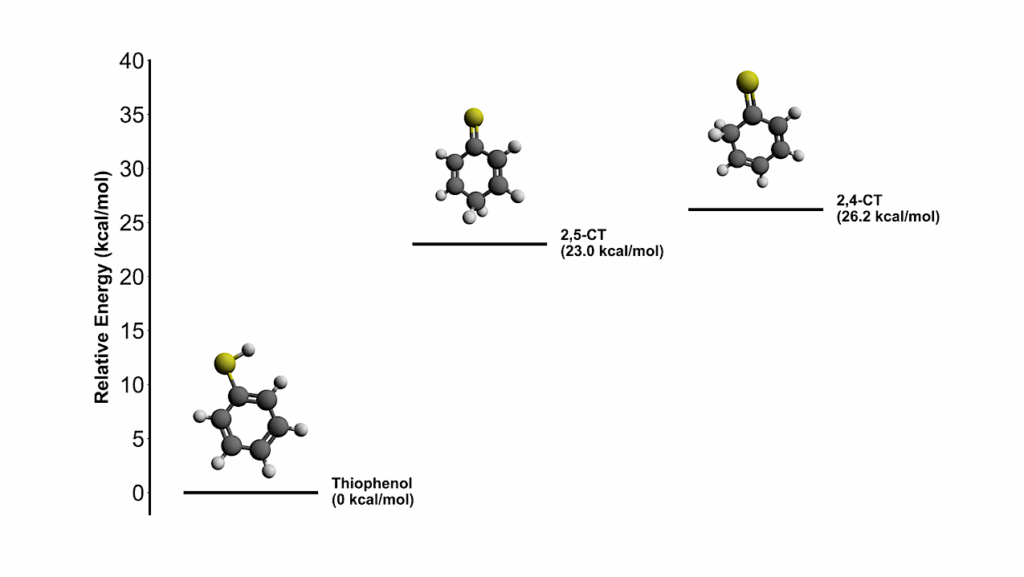Elemental Abundances In The Diffuse ISM From Joint FUV and X-ray Spectroscopy: Iron, Oxygen, Carbon and Sulfur

In this study, we investigate interstellar absorption lines along the line of sight toward the galactic low-mass X-ray binary Cygnus X-2. We combine absorption line data obtained from high-resolution X-ray spectra collected with Chandra and XMM-Newton satellites, along with Far-UV absorption lines observed by the Hubble Space Telescope’s (HST) Cosmic Origins Spectrograph (COS) Instrument.
Our primary objective is to understand the abundance and depletion of oxygen, iron, sulfur, and carbon. To achieve this, we have developed an analysis pipeline that simultaneously fits both the UV and X-ray datasets. This novel approach takes into account the line spread function (LSF) of HST/COS, enhancing the precision of our results.
We examine the absorption lines of FeII, SII, CII, and CI present in the FUV spectrum of Cygnus X-2, revealing the presence of at least two distinct absorbers characterized by different velocities. Additionally, we employ Cloudy simulations to compare our findings concerning the ionic ratios for the studied elements. We find that gaseous iron and sulfur exist in their singly ionized forms, Fe II and S II, respectively, while the abundances of CII and CI do not agree with the Cloudy simulations of the neutral ISM.
Finally, we explore discrepancies in the X-ray atomic data of iron and discuss their impact on the overall abundance and depletion of iron.
I. Psaradaki, L. Corrales, J. Werk, A. G. Jensen, E. Costantini, M. Mehdipour, R. Cilley, N. Schulz, J. Kaastra, J. A. García, L. Valencic, T. Kallman, F. Paerels
Comments: Accepted for publication in The Astronomical Journal, 19 pages, 8 figures
Subjects: Astrophysics of Galaxies (astro-ph.GA)
Cite as: arXiv:2403.02664 [astro-ph.GA] (or arXiv:2403.02664v1 [astro-ph.GA] for this version)
Submission history
From: Ioanna Psaradaki
[v1] Tue, 5 Mar 2024 05:38:54 UTC (2,868 KB)
https://arxiv.org/abs/2403.02664
Astrobiology, Astrochemistry, Astrogeology,








